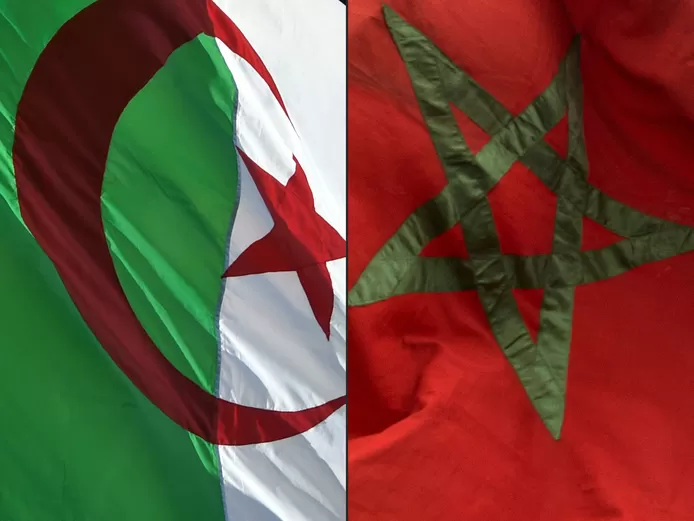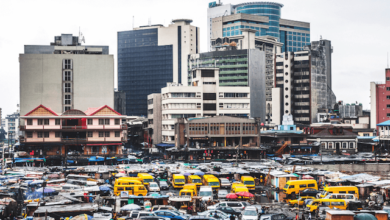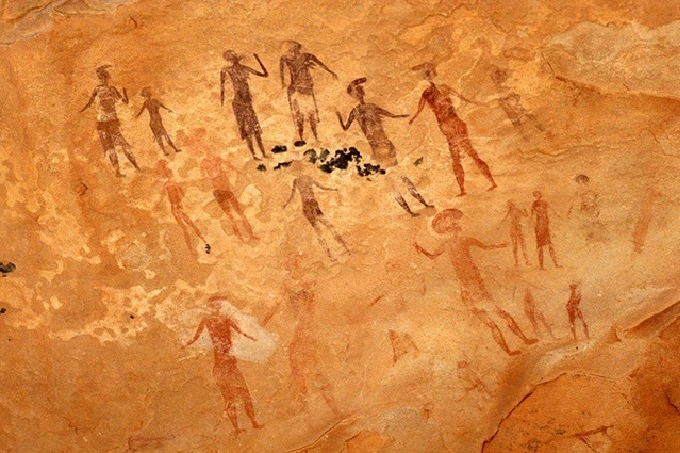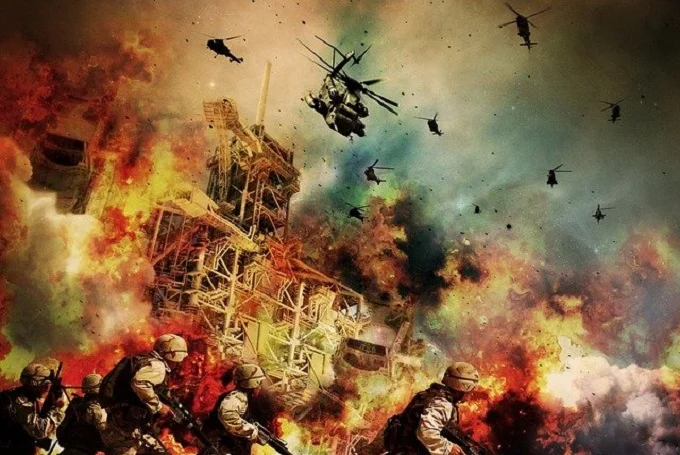Morocco- Algeria tensions: Situation resembles Iraq-Iran conflict in many ways

Professor Brahimi EL Mili discusses the recent events that have characterized the tensions between Algeria and Morocco, as well as between the kingdom and the Polisario, in an interview with Sputnik. Aside from the influence of the large countries in the area, he believes that an open confrontation is “unlikely”.
Taleb Haider, the commander of the fifth military zone of the Saharawi People’s Liberation Army (ALPS), was purportedly murdered by a Moroccan drone attack two weeks after the death of three Algerian truckers in Bir Lahlou, Western Sahara, which Algiers blamed on the Moroccan army. Morocco has not officially acknowledged this information, which Morocco’s close-knit press has extensively circulated.
On November 19, at the start of a meeting of the Polisario Front, Brahim Ghali, the movement’s leader and President of the Sahrawi Arab Democratic Republic (SADR), announced that his staff had decided to “intensify” the armed struggle against Morocco in order to establish the Polisario’s sovereignty over the entire territory of Western Sahara.
What would the regional situation look like today, knowing that the Algerian authorities have guaranteed that the “crime” perpetrated against three of their citizens “will not go unpunished”? While the main global powers’ influence is becoming more visible in the area, how may it interact with the tensions between Algeria and Morocco, as well as between the monarchy and the SADR? Is there a possibility of a regional war erupting as a result of this?
The newspaper El Espanol claimed on November 16 that Israeli Military Minister Benny Gantz’s visit to Rabat, slated for the 24th and 25th of the same month, would witness the signing of an agreement that will establish the terms of defense cooperation. Aside from intelligence, there would be the issue of building a kamikaze drone industry in Morocco, as well as the development of a military installation near the Spanish enclave of Melilla.
If this information is true, the regional strategic balance will be thrown off, perhaps leading to a worsening of the arms race between Algiers and Rabat, or possibly a clash between the two rivals.
Prof. Naoufel Brahimi El Mili, a political scientist, and instructor at Science Po Paris, was asked by Sputnik to respond to these concerns and assess the situation’s progress and the likelihood of a regional war. A high-intensity battle between Algeria and Morocco, or Morocco and the Polisario Front, is a notion, but it is very improbable, he says.
Is it possible to avoid a confrontation such as the one that erupted between Iraq and Iran?
“The current escalation in the area reveals the collapse of international law in a manner that could not be clearer,” Professor Brahimi El Mili stated, adding that “in this circumstance, what remains is force.” Its usage, on the other hand, must be calibrated and directed toward a certain goal.
And to explain that “Morocco, which has succeeded in anchoring within its population that the territory of Western Sahara was Moroccan land, took advantage of Algeria’s 20-year absence, under the power of the late President Abdelaziz Bouteflika, at the international level to achieve several advances at the diplomatic level, such as the opening of several consulates of foreign countries in the cities of Dakhla and Laâyoune, in Western Sahara, despite their artificial nature. Algeria, there is no strategic objective that could serve as an alibi for a high-intensity open war with Morocco. Under these conditions, the Polisario Front alone against the Moroccan army will not be able to hold out for long in all-out war”.
According to the expert, “the situation resembles in many ways the Iraq-Iran conflict, which was conceptualized by the United States, which assisted the Iranian side in carrying out the war effort for eight years, while France, an ally of the United States and a NATO member, had supplied the Iraqi side with arms.” Both nations were vanquished, crippled, and annihilated as a result of this conflict.”
In the same vein, he claims that “all the leaders, both in Algeria and Morocco and inside the Polisario Front’s leadership, are aware that an open battle would result in the inferno of the whole area, including all of its portions.” A low-intensity confrontation is the most likely scenario, and all efforts should be made to avert it.”
What about geopolitical considerations?
“For 40 years, the American navy has made stops on the Moroccan coastlines,” says Sputnik’s interlocutor, referring to the main global powers’ quest for dominance in North Africa and the Sahel. Morocco has traditionally been seen as the connecting link between America, Africa, and Europe, and it is in this context that the Americans regard Morocco as a strategic partner who is not a NATO member.
As a result, according to Naoufel Brahimi El Mili, “during the Second World War and then the Cold War, between 1943 and 1962, the American army had taken control of the French naval airbase of Port-Lyautey, the current city of Kenitra, on the Atlantic coast of the Cherifian kingdom, and used it, along with five other air bases, as bridgeheads in the fight against the Soviet Union’s influence.” The US maintains a significant naval station in Rota, Spain, and there have been reports that it may be relocated to Morocco, despite the fact that this has been rejected. This demonstrates the strategic significance of the Moroccan Atlantic coast and the Strait of Gibraltar to the US. The US will never relinquish its strategic clout in this nation.
There’s also “France, which wields considerable power in the Maghreb and Sahel, China, Russia, and, more recently, Turkey and Israel.” But, once again, none of these nations would actually intervene in a regional battle in the Maghreb to assist one of the sides over the other, with the exception of logistical support.”
What about Israel?
Finally, regarding the possible military base that Morocco could build with the Hebrew state near Melilla, Professor Brahimi El Mili believes that it “will only serve as a tactical outpost for Israel which seeks to have control over the Straits of Gibraltar, but never as a strategic base where it would deploy significant armed forces.”
“We must not forget that the IDF is essentially a conscription army which will never consider deploying strategic forces abroad, although at any time it risks a conflict with Iran or even the Lebanese Hezbollah. The Israelis will go to Morocco to protect their interests in the Strait of Gibraltar, and it is in this sense that we should analyze their intention to manufacture cheap drones of which they are a major exporter”.
“The Algerian army has a significant maritime and submarine strike force in the Mediterranean basin in addition to a ballistic capacity capable of enabling it to defend its interests,” he concludes.




